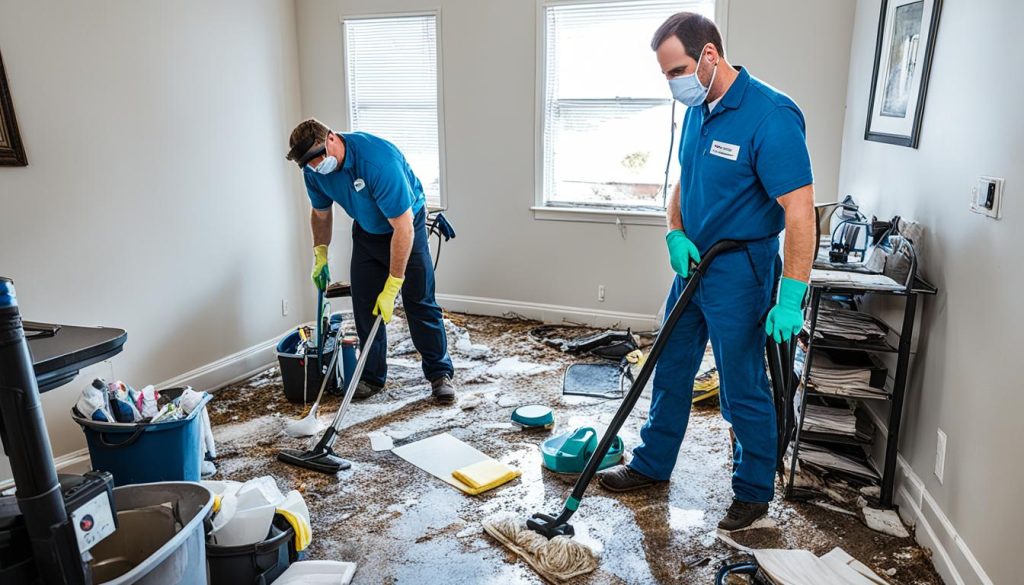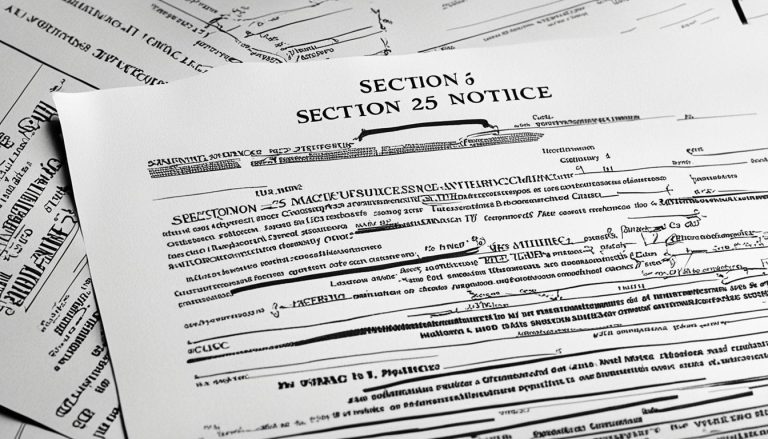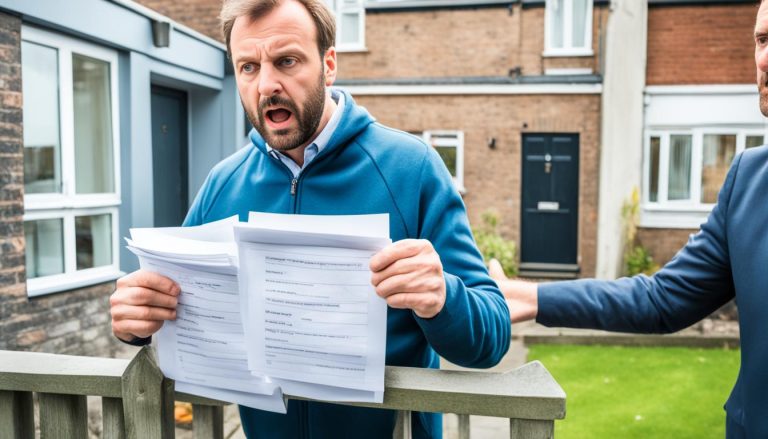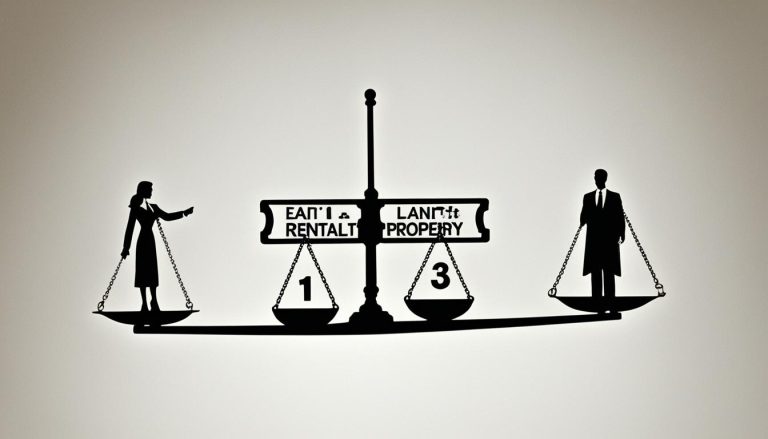Are you a landlord or tenant looking to navigate the new Tenancy Fees Act 2019 when it comes to cleaning fees? Look no further! In this blog post, we will break down everything you need to know about how the act affects cleaning fees for both parties involved. Stay tuned for expert insights and tips on how to handle cleaning costs under the new legislation.
Introduction to the Tenancy Fees Act 2019
The Tenancy Fees Act 2019 is a law that was introduced in England to ban certain fees that landlords and letting agents can charge tenants. The Act came into force on 1 June 2019 for new tenancies, and on 1 June 2020 for all existing tenancies. The Act aims to make renting more affordable and transparent for tenants by restricting the type of payments that can be required in connection with a tenancy.
Overview of the Act
The key objectives of the Tenancy Fees Act 2019 are to:
- Improve affordability and transparency in the private rented sector by banning certain fees charged to tenants
- Protect tenants from unfair costs by capping the amount that can be charged for a refundable tenancy deposit and a refundable holding deposit
- Ensure that only legitimate payments, such as rent and utilities, can be charged to tenants
- Give local authorities (Trading Standards) the power to enforce the ban and issue financial penalties for non-compliance
Purpose and Objectives
The Tenancy Fees Act 2019 aims to make renting more affordable and transparent for tenants in the private rented sector in England. By banning certain fees and capping others, the Act seeks to protect tenants from unfair costs and ensure that only legitimate payments can be required in connection with a tenancy.
Permitted Payments under the Act
Landlords and letting agents are permitted to charge rent under the Tenancy Fees Act 2019. The rent should be agreed with the tenant when the tenancy is set up and must be paid at regular, specified intervals. In the first year of the tenancy, the landlord cannot charge more at the start of the tenancy compared to a later period, unless the rent is reduced later in the year.
Tenancy Deposits
Landlords may ask tenants to pay a refundable tenancy deposit as security for the performance of any obligations or liabilities under the tenancy. The deposit is capped at no more than five weeks’ rent where the annual rent is less than £50,000, or six weeks’ rent where the annual rent is £50,000 or above. The deposit must be protected in one of the government-backed tenancy deposit protection schemes within 30 days of receipt.
Holding Deposits
Landlords can charge a refundable holding deposit of up to one week’s rent to demonstrate a tenant’s commitment to rent a property while reference checks are carried out. Only one holding deposit can be taken per property at any one time.
Default Fees and Damages Payments
Landlords can charge default fees for the late payment of rent and for the replacement of lost keys or security devices. These fees must be required under the tenancy agreement and must be reasonable.
Changes to a Tenancy
Landlords can charge a fee for making changes to a tenancy when requested by the tenant, such as a change of sharer. This fee is capped at £50 or the reasonable costs incurred if higher.
Tenancy Fees Act 2019 Cleaning
The Tenancy Fees Act 2019 prohibits landlords from charging excessive cleaning fees at the end of a tenancy. Any deductions from the tenancy deposit for cleaning must be reasonable and in line with the concept of “fair wear and tear.” Landlords must provide evidence to justify any cleaning-related deductions if challenged by the tenant.
Cleaning Charges and Tenancy Deposits
The Act does not define “fair wear and tear,” but general guidelines suggest it refers to the reasonable deterioration of the property during normal use, without negligence, carelessness, or abuse by the tenant. Landlords cannot charge for cleaning if the property is returned in a reasonable condition, taking into account the length of the tenancy and normal use.
Fair Wear and Tear Guidelines
Landlords must conduct a thorough check-out inspection and provide the tenant with an itemised list of any deductions from the deposit. Cleaning-related deductions should be based on professional cleaning standards and the condition of the property at the start of the tenancy. Tenants have the right to challenge any unreasonable deductions.
Check-out Inspections and Cleaning Standards
Landlords must provide evidence to justify any cleaning-related deductions if challenged by the tenant. Tenants have the right to challenge any unreasonable deductions from their deposit.

Enforcement and Penalties
The Tenancy Fees Act 2019 is enforced by local authority Trading Standards authorities. These bodies have a duty to ensure compliance with the ban on prohibited payments and possess the power to issue financial penalties to landlords and letting agents who breach the Act.
Role of Trading Standards Authorities
Trading Standards authorities are responsible for overseeing the implementation of the Tenancy Fees Act 2019. They are tasked with identifying and taking action against landlords and letting agents who continue to charge tenants for prohibited fees.
Financial Penalties for Non-compliance
Landlords and letting agents who breach the Tenancy Fees Act can face substantial financial penalties. For a first offence, they can be fined up to £5,000. However, for further breaches, the maximum fine increases significantly to £30,000. In addition, enforcement authorities can apply to the First-tier Tribunal for a banning order, which would prevent the landlord or agent from letting or managing property in the future.

Conclusion
The Tenancy Fees Act 2019 has introduced crucial protections for tenants in England’s private rented sector. By banning certain fees and capping others, the Act aims to make renting more affordable and transparent. Landlords and letting agents must ensure they comply with the Act’s requirements, particularly around cleaning charges and deposit deductions.
Tenants now have the right to challenge any unreasonable fees or deposit deductions, and enforcement authorities can impose significant financial penalties for non-compliance. This legislation marks an important step in creating a fairer and more equitable rental market, empowering tenants and holding landlords and agents accountable.
As the Act continues to be implemented, it is essential that all parties involved in the rental process – tenants, landlords, and letting agents – familiarise themselves with its provisions and work together to uphold its principles. By doing so, we can build a more sustainable and inclusive private rented sector that works for everyone.
FAQ
What payments are landlords and letting agents allowed to charge under the Tenancy Fees Act 2019?
Landlords and letting agents are permitted to charge rent, a refundable tenancy deposit, a refundable holding deposit, default fees, and a fee for making changes to a tenancy when requested by the tenant. Any other fees are considered prohibited payments under the Act.
How does the Tenancy Fees Act 2019 regulate cleaning charges at the end of a tenancy?
The Act prohibits landlords from charging excessive cleaning fees at the end of a tenancy. Any deductions from the tenancy deposit for cleaning must be reasonable and in line with the concept of “fair wear and tear.” Landlords must provide evidence to justify any cleaning-related deductions if challenged by the tenant.
How are the Tenancy Fees Act 2019 and its requirements enforced?
The Tenancy Fees Act 2019 is enforced by local authority Trading Standards authorities. They have a duty to enforce the ban on prohibited payments and can issue financial penalties to landlords and letting agents who breach the Act, including fines of up to £5,000 for a first offence and £30,000 for further breaches.






